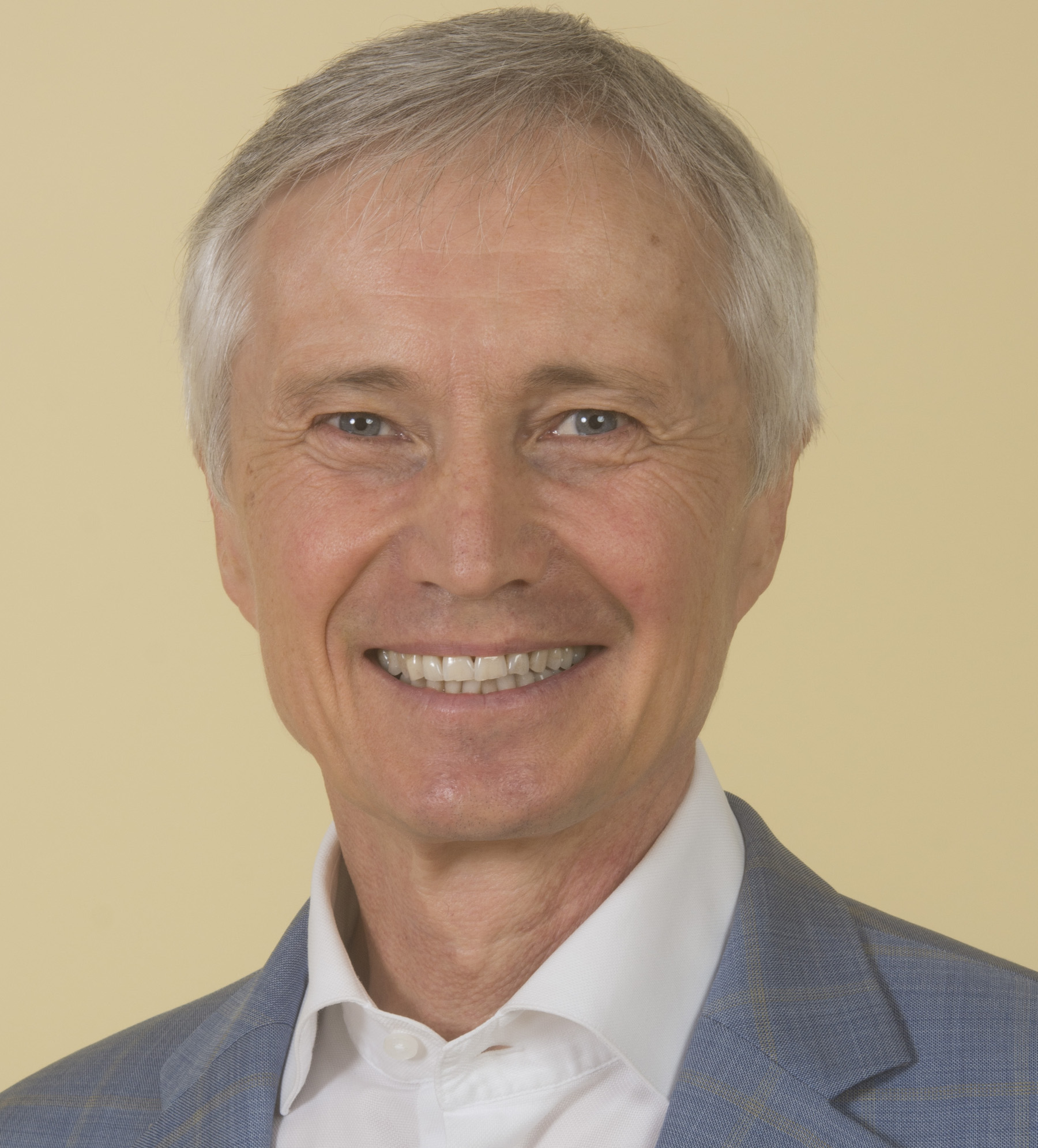Läkare svarar på frågor: Transcendental Meditation och oro


(kommer inom kort på svenska)
Doctors James Krag and Jim Brooks, both specialists in their area with years of experience studying the effect of Transcendental Meditation on fear and anxiety disorders, answer some frequently asked questions.
Q: I get nervous in certain situations, like when I have to give a presentation at work. Is the Transcendental Meditation technique something that could help me cope?
Dr Krag: The fear of public speaking is a prevalent fear and leads to the panic feelings that are physiologically identical to the “fight-or-flight” response. The Transcendental Meditation technique produces the physiological opposite of the fight-or-flight stress response. As the TM meditator gets increasingly accustomed to that calm state, it is predictable, based on scientific research, that the fear will gradually fade away.
Dr Brooks: The Transcendental Meditation technique settles mind and body which results in reduction of stress. One of the best studies that shows how TM reduces stress is a meta-analysis, which used one of the most accepted stress measures, the Spielberger State-Trait Anxiety Inventory. In a study published in the Journal of Clinical Psychology, researchers compared Transcendental Meditation with various other relaxation techniques, including Progressive Muscle Relaxation, EMG Biofeedback, Herbert Benson’s Relaxation Response and other meditation techniques. In this study TM was found to reduce stress approximately two times more than the other methods studied.
According to this meta-analysis of all the stress management programs available at the time of the study, the Transcendental Meditation technique is the single-most effective program to reduce stress. As a result of this and other studies showing TM’s effectiveness in reducing stress, many doctors are increasingly prescribing TM as an effective stress management tool. Because practicing TM results in people feeling more calm in stressful situations, many report feeling much less anxious when making a presentation.
With continued practice of the Transcendental Meditation program, you can become less and less anxious, developing a stable inner quietness that can be a buffer against otherwise stressful experiences.
Q: I’m constantly under pressure at home and on the job, and my friends say I’m stressed. Could the Transcendental Meditation (TM) technique help me?
Dr Brooks: Twenty percent of Americans have an anxiety disorder. Stress arises when a person has trouble coping with the demands placed on them. When unable to cope, the resultant anxiety leads people to self-medicate in various ways: food, TV, alcohol, cigarettes, drugs, and coffee are common examples. However, these methods are a short-sighted and maladaptive attempt to reduce the stresses in life, because they do not help one function any better; they actually worsen an individual’s adaptive efficiency with time. So we get into a vicious cycle of stress, where the less we are able to cope, the more we self-medicate, which worsens our ability to cope, and causes us to again self-medicate.
The Transcendental Meditation technique cuts short this vicious cycle of stress. When practicing the TM technique, a person sits comfortably in a chair for 20 minutes twice a day, closes the eyes, begins the process, and experiences the mind becoming increasingly quiet, calm and relaxed. As the mind settles down it comes to the source of the thinking process, awareness itself. In this state of restful alertness the body is deeply rested and the mind is fully alert. The deep physiological rest dissolves stress. As a result of the mind being calmer, people report that they feel less stress and pressure at home and work.
Q: I’m so anxious, what if I can’t sit still enough to meditate?
Dr Brooks: The experience of restful alertness is pleasant and comfortable, and this allows you to continue to sit quietly for twenty minutes twice a day. When practiced regularly, this program dissolves stress cumulatively, and with time, you experience less and less stress and nervousness. As a natural result of this lessening of stress, the mind settles down when you’re meditating and you don’t feel the need to get up and move around. The direct experience of stillness and peace takes care of those feelings of restlessness.
With continued practice, anxiety plays less and less a role in a person’s life; the individual starts making better decisions about daily activities because he or she is better able to cope with stress. So, with time, a person become increasingly stress free. The nice thing about the TM technique is that even if people are highly anxious, they are still able to meditate easily and effortlessly. Unlike other meditation techniques which often involve concentration, TM is a simple, natural technique which does not require any effort.
Q: Won’t forcing myself to sit still and meditate just make me more anxious?
Dr Krag: Research has found that some types of “relaxation techniques” do, in fact, cause a person with an anxiety disorder to become more anxious. However, the experience of thousands of people with anxiety, over many years, has been that they can learn the Transcendental Meditation technique and reduce their anxiety. With proper guidance from the TM instructor, they are able to feel a sense of calm quite unusual and pleasant for them. If you are capable of thinking a thought, you can learn the Transcendental Meditation technique.
Q: I’m so busy, even if I learned Transcendental Meditation, I’m afraid I’d never do it.
Dr Brooks: All of us take time to recharge our batteries. All of us take the time to sleep, to eat, to shower each day. The Transcendental Meditation technique is a program to prevent stress from slowly accumulating over time—and to prevent stress from interfering with your ability to function and enjoy life. It is a way for the mind and body to get a very deep level of rest and become increasingly impervious to stress. Life becomes a growing experience where you look forward to new experiences, because you are able to easily manage them as a result of adequate rest increased energy and integration of mind and body. The short amount of time that’s required to meditate each day is well worth the investment.
 Jim Brooks MD is a physician specializing in Psychiatry. Dr. Brooks graduated from Wayne State University School of Medicine in Detroit, and completed his psychiatric residency program at the University of Colorado Medical Center. He currently serves on the staff of several mental health centers in southeast Iowa, and has a private psychotherapy practice in Fairfield, Iowa. In addition, Dr. Brooks has a special interest in complementary and alternative forms of prevention-based health care. He has been an accomplished Maharishi Ayurveda Health Practitioner for the past 30 years, and practices Classical Five Element Acupuncture. Dr. Brooks is the author of Ayurvedic Secrets to Longevity and Total Health, Prentice Hall, 1996 and has published a research study on the benefits of Transcendental Meditation in the treatment of Post Traumatic Stress Disorder (Journal of Counseling and Development, 1985).
Jim Brooks MD is a physician specializing in Psychiatry. Dr. Brooks graduated from Wayne State University School of Medicine in Detroit, and completed his psychiatric residency program at the University of Colorado Medical Center. He currently serves on the staff of several mental health centers in southeast Iowa, and has a private psychotherapy practice in Fairfield, Iowa. In addition, Dr. Brooks has a special interest in complementary and alternative forms of prevention-based health care. He has been an accomplished Maharishi Ayurveda Health Practitioner for the past 30 years, and practices Classical Five Element Acupuncture. Dr. Brooks is the author of Ayurvedic Secrets to Longevity and Total Health, Prentice Hall, 1996 and has published a research study on the benefits of Transcendental Meditation in the treatment of Post Traumatic Stress Disorder (Journal of Counseling and Development, 1985).
 James Krag, MD, is a Fellow of the American Psychiatric Association, president of the Psychiatric Society of Virginia, and former president of the Virginia Association of Community Psychiatrists for four years. He is currently Medical Director of Liberty Point, a residential treatment program for adolescents with psychiatric problems.
James Krag, MD, is a Fellow of the American Psychiatric Association, president of the Psychiatric Society of Virginia, and former president of the Virginia Association of Community Psychiatrists for four years. He is currently Medical Director of Liberty Point, a residential treatment program for adolescents with psychiatric problems.
Hur kan en så enkel teknik göra så mycket?
Över 600 vetenskapliga studier bekräftar TM:s effekter på:
- Utveckling av hjärnan
- Hur TM fungerar
- ADHD
- Intelligens
- Kreativitet




